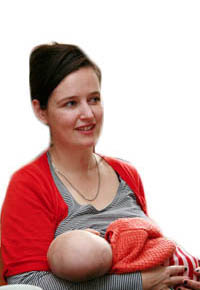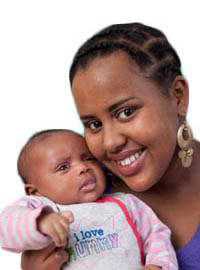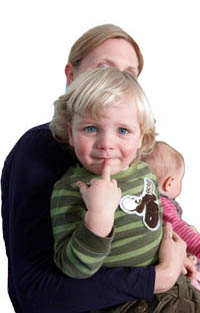Health Visitors work in partnership with midwives and aim to visit you at some point around the 28th week of pregnancy. This will give you an opportunity to discuss your pregnancy, your health and wellbeing and your ideas about your baby and plans for after your baby is born.
Health Visitors will introduce to you the Healthy Child Programme and tell you about your local services and Children’s Centre.
At this contact Health Visitors can give you information about how you can keep you and your baby safe and well, including information about diet, vitamin supplements, smoking cessation, maternal mental health, and baby’s sleeping position. They will also discuss the benefits of breastfeeding, helping you prepare, and have an informed choice, in feeding your baby.









